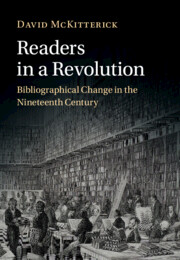Librarianship is a profession guided by ethical principles that prioritize access to information and the protection of intellectual freedom. These principles can provide a framework for understanding how society should respond to legal judgments, particularly those that result in societal division. One such example is the 1973 landmark judgment in the United States, Roe v. Wade, which legalized abortion. Despite multiple attempts to repeal it, a successful attempt in 2022 resulted in another landmark decision to overturn the ruling, prompting a political outcry from the Left.
However, it is crucial for all parties involved to adhere to ethical standards in responding to such divisive issues. This paper argues that librarianship can serve as a model for navigating divisive legal judgments. If society can adopt principles such as access to information and protection of intellectual freedom, it can move towards a more inclusive and respectful discourse. The adoption of these principles can enable all parties, including judges, citizens, and lawmakers, to better respond to divisive legal judgments. Librarianship emphasizes the importance of respectful and informed discourse, and its ethical principles can be used as a guide for creating an atmosphere of mutual respect and understanding.
